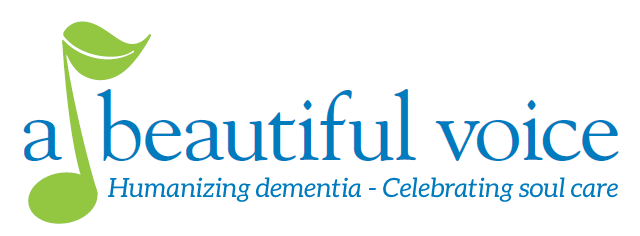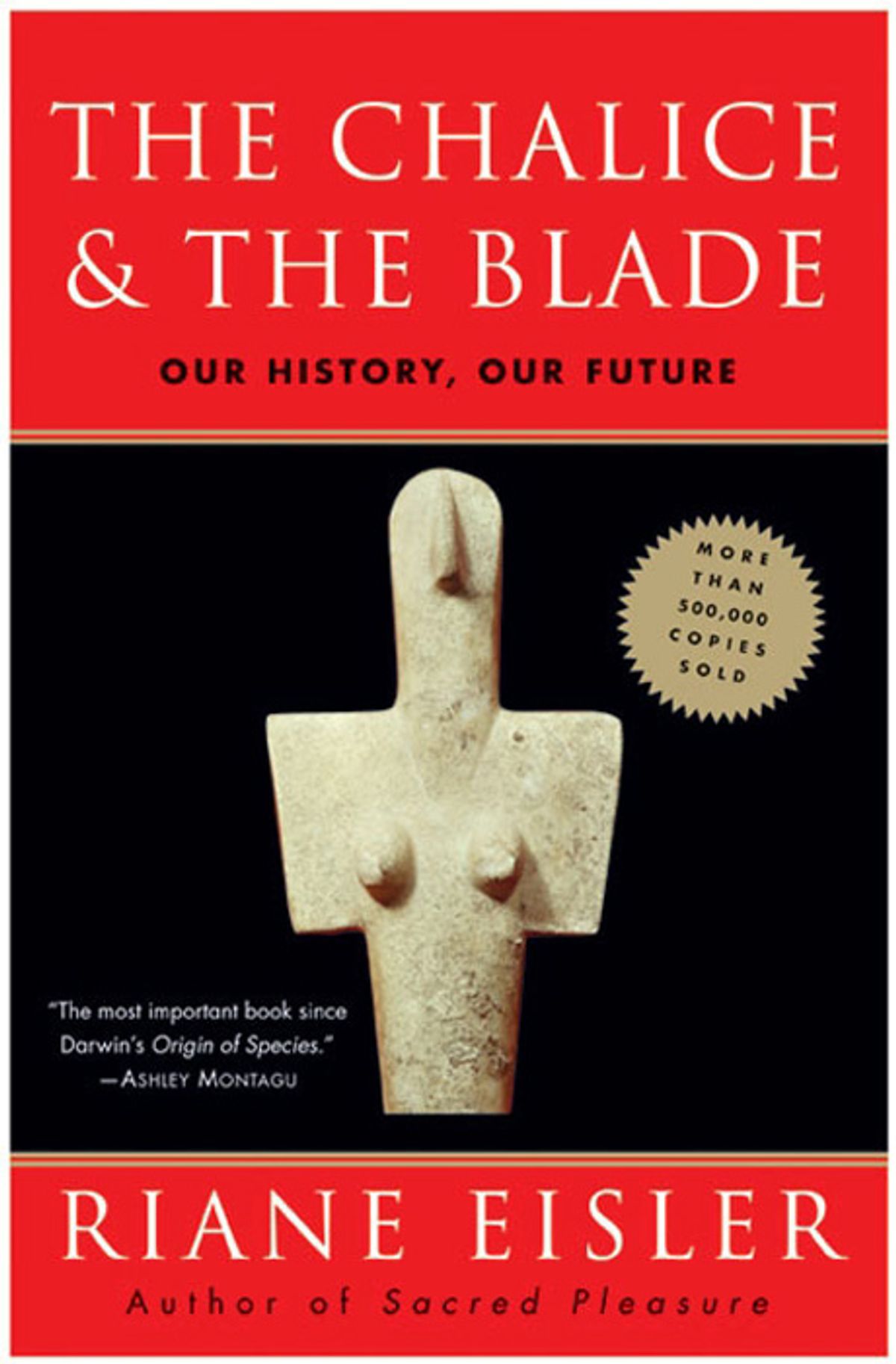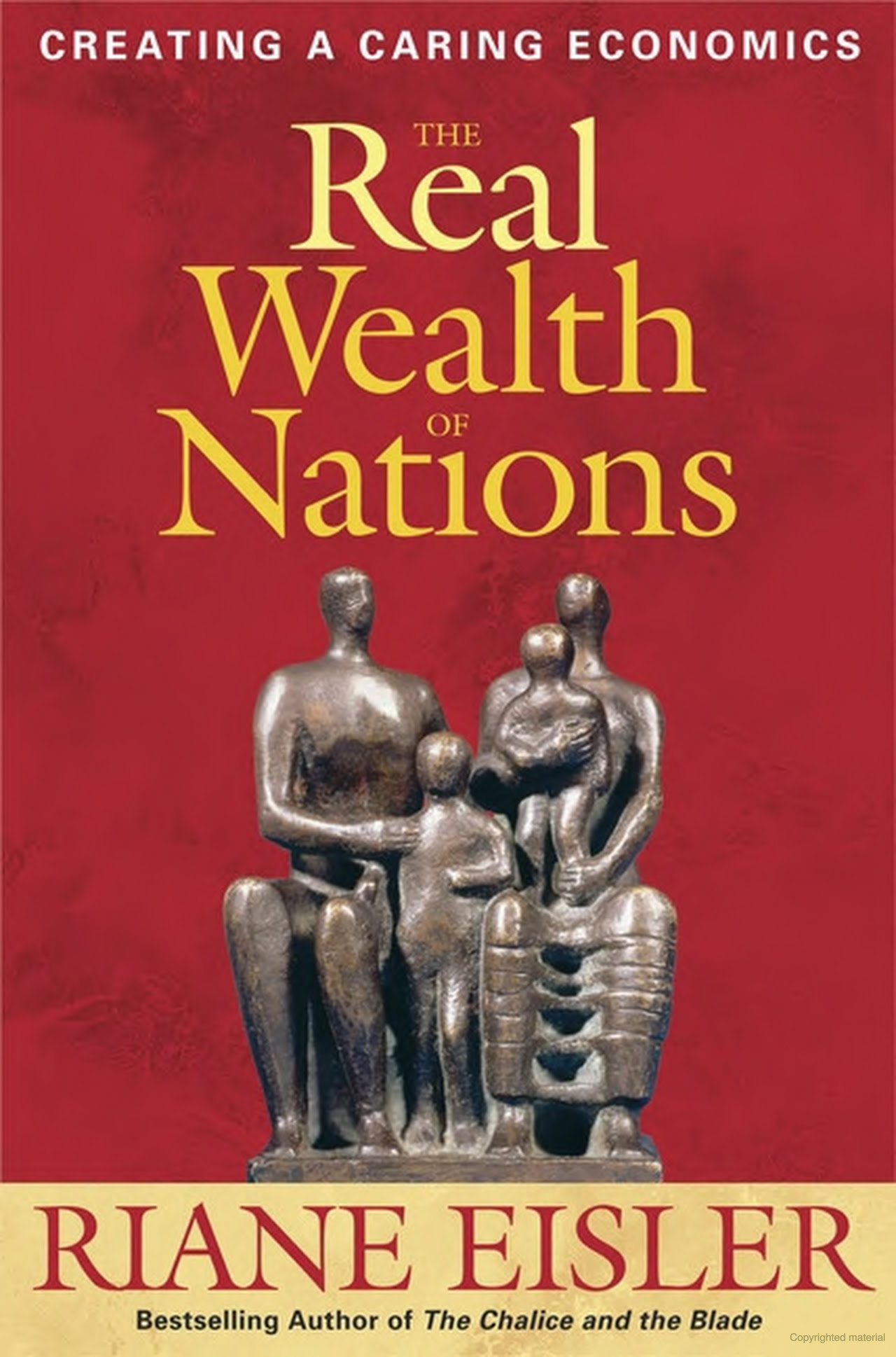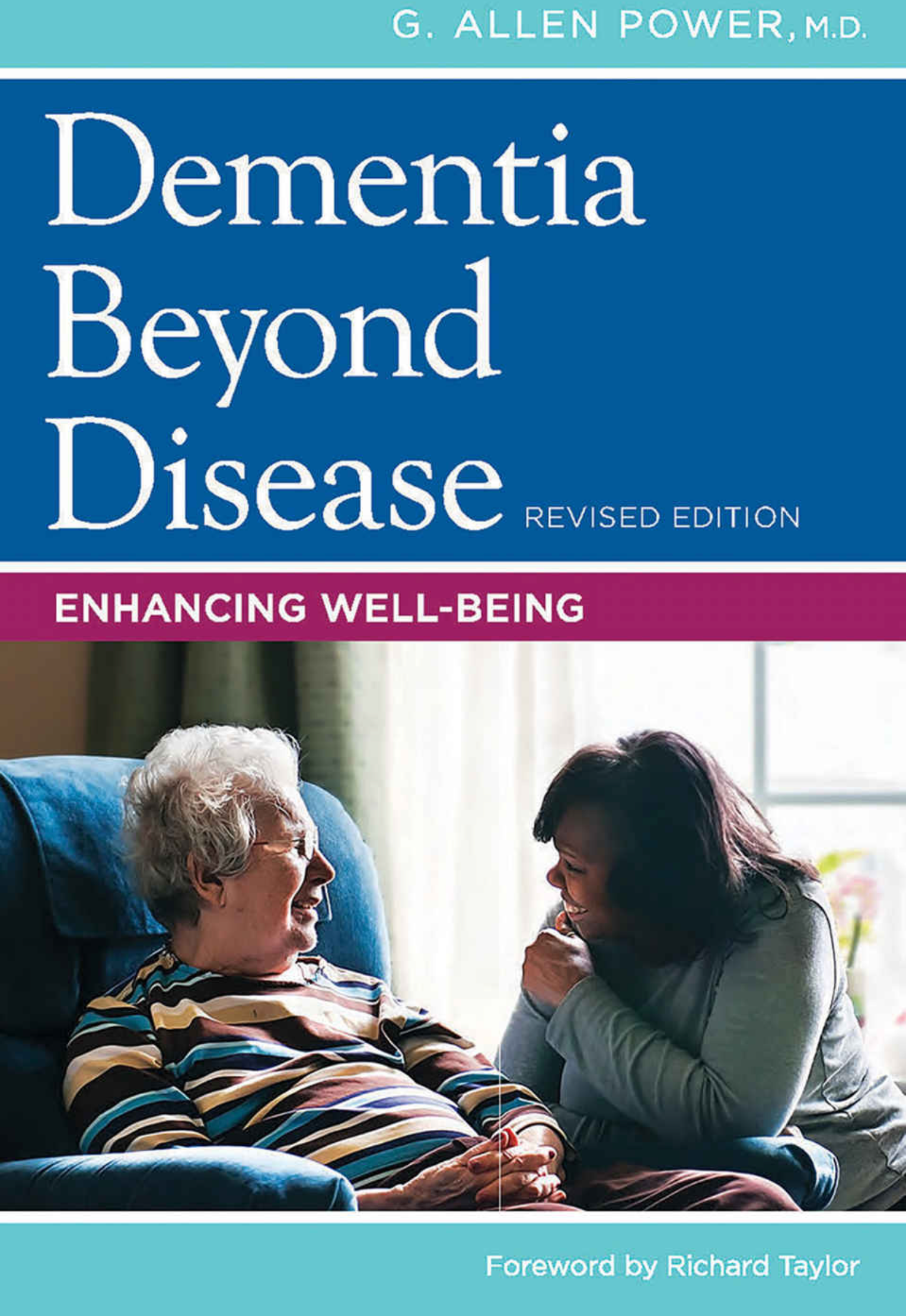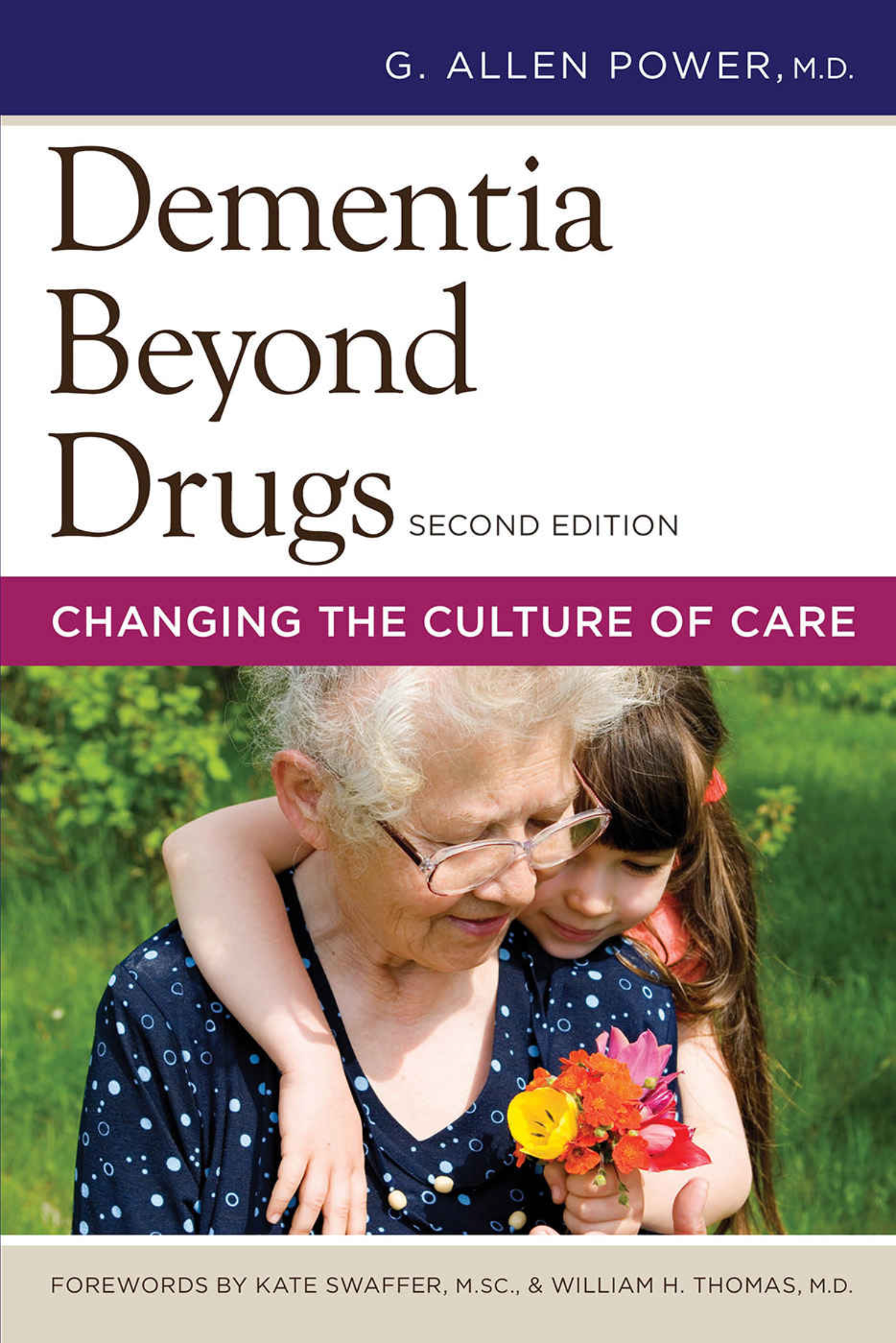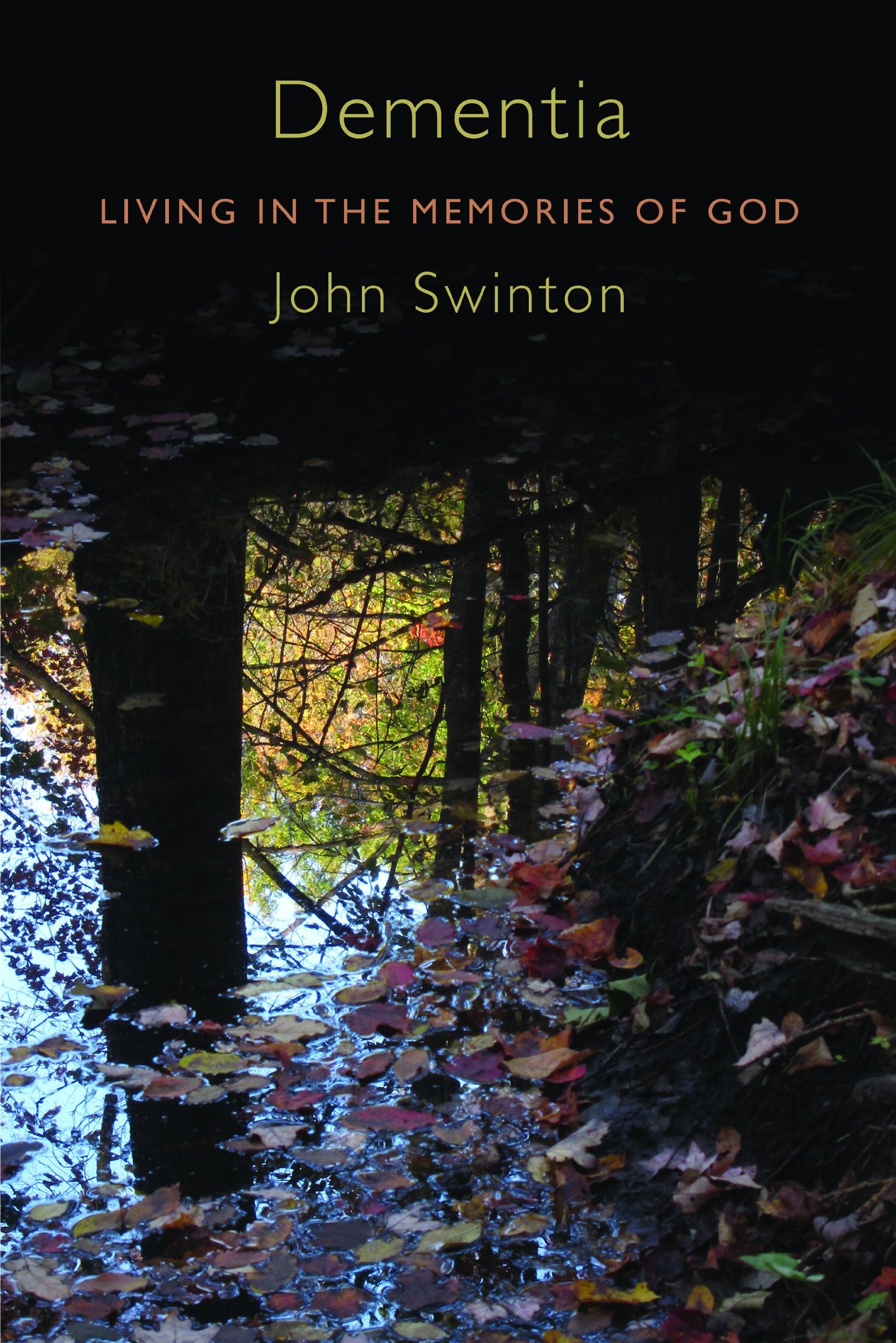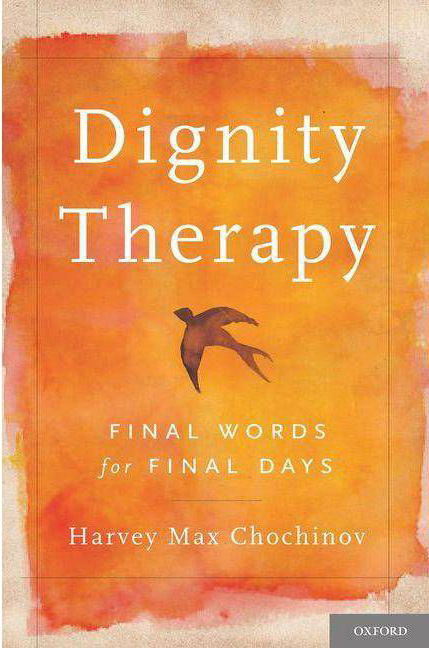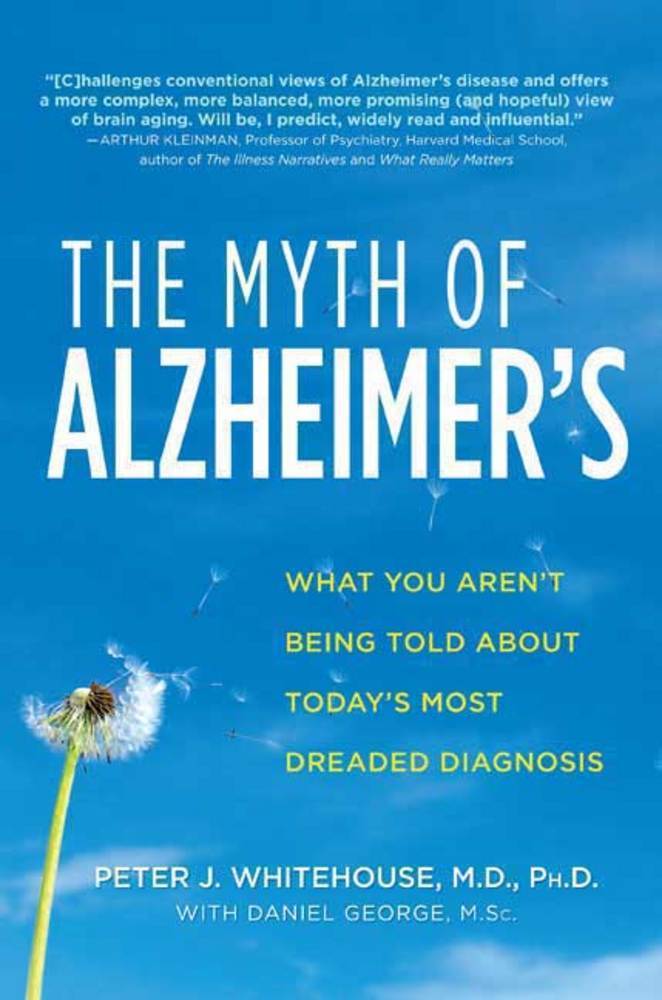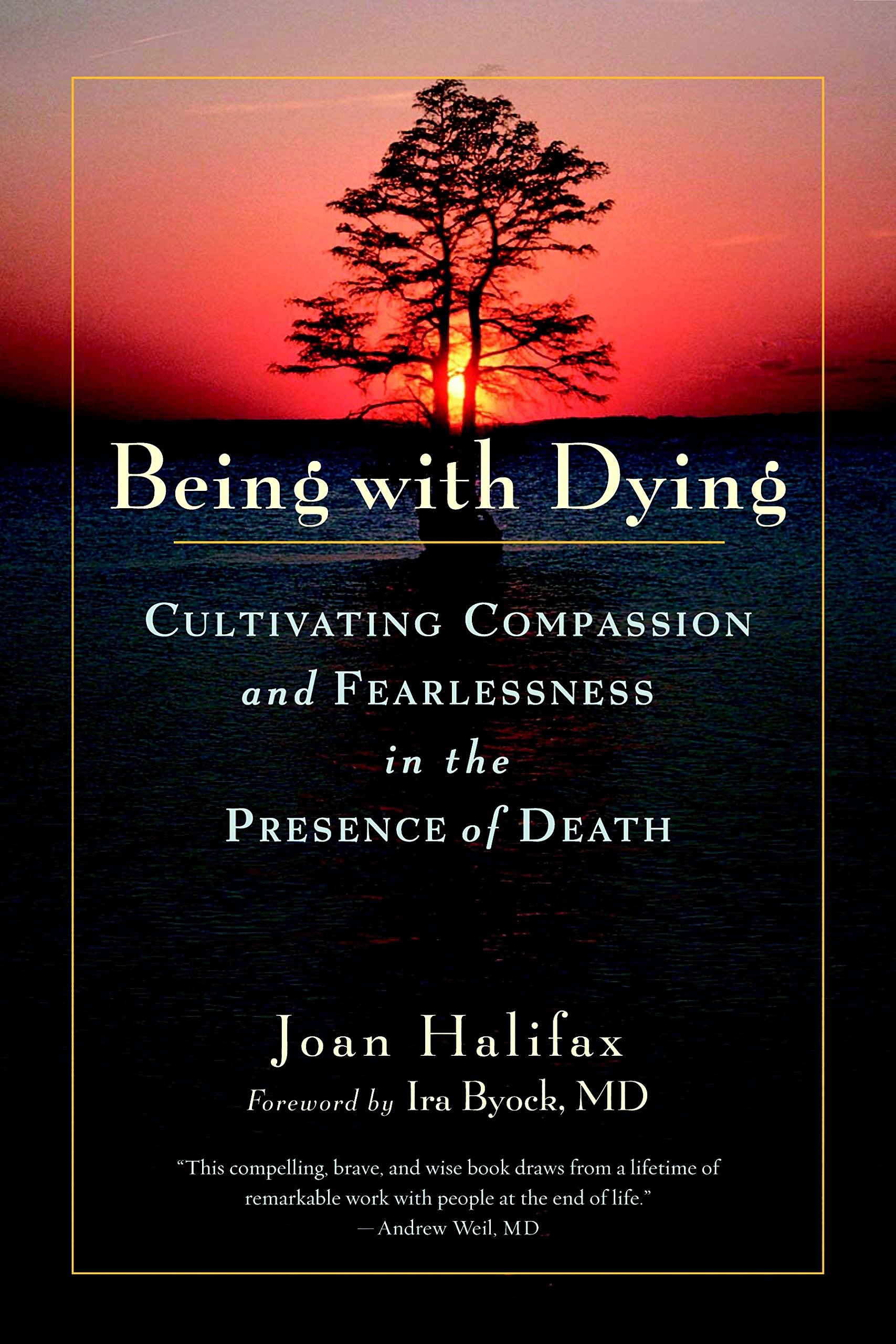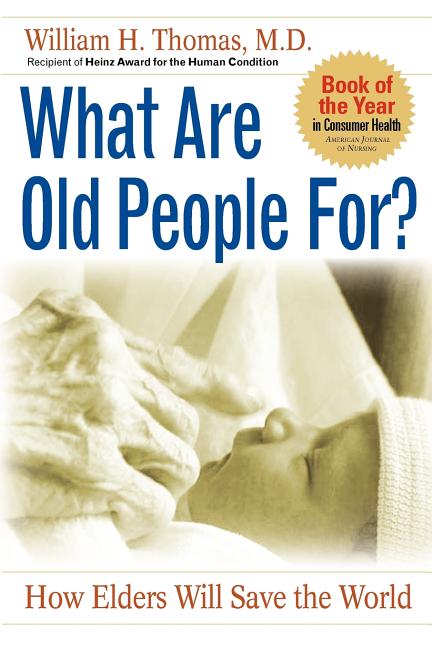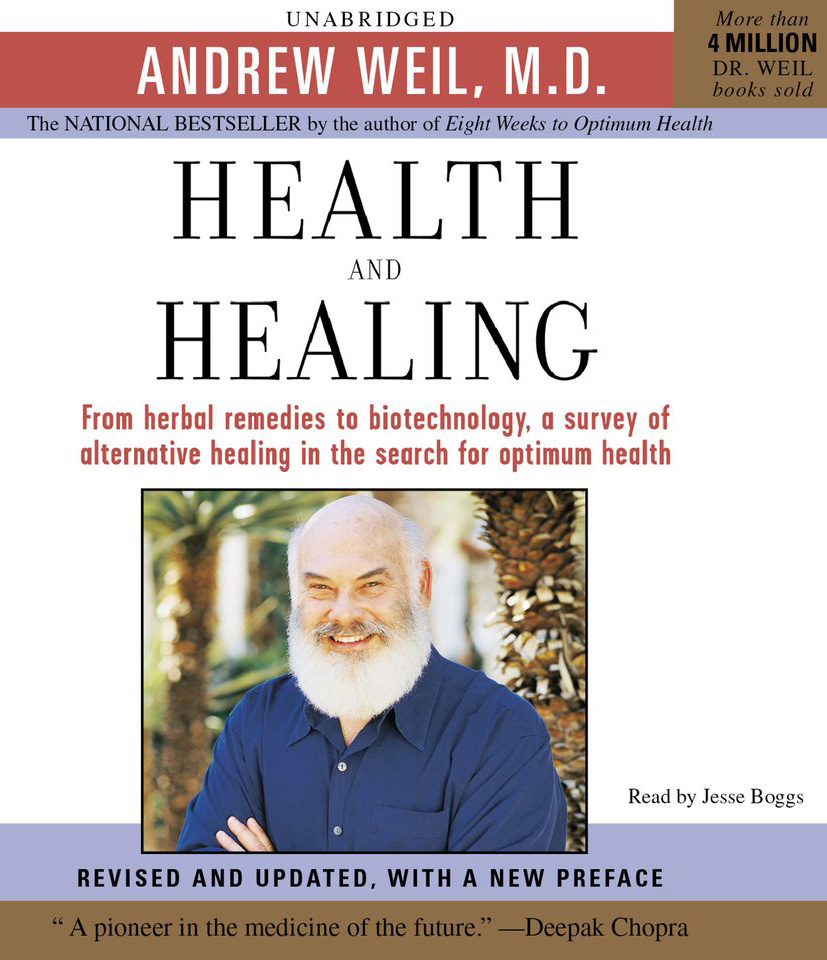Disclosure: As an Amazon Associate, the website owner earns from qualifying purchases.
100% of Amazon earnings in 2021-2022 will be donated to the Center for Partnership Systems.
The Chalice and The Blade – Our History, Our Future
Author: Riane Eisler, JD (1987)
2018 – Amazon #1 Best Seller in Women’s Studies History
I first read The Chalice and the Blade: Our History, Our Future when it was published in 1987. In June 2010, when I learned that Riane Eisler and Marianne Williamson would be headlining a women’s summit in an international teleconference with thousands of participants from around the globe, Mother and I sat close to the kitchen table for this internet broadcast and listened together. We both knew that something very important was taking place during the stunning presentation. It would surely create a global shift!
The Chalice and the Blade is an important historical review of the shaping of human culture. Comparing two basic models of society – the dominator model and the partnership model – Dr. Eisler’s research offers new possibilities for creating a more humanistic world. This work, considered a classic, verifies our capacity for cooperation and our potential for building partnership systems.
#ad
The Real Wealth of Nations – Creating a Caring Economics
Author: Riane Eisler, JD (2007)
The book describes a new economics which values the essential work of caring for people and for our environment. Dr. Eisler shows us how to replace domination systems with partnership systems and how to return “caring” to the arena of “political and economic decisions.” She advocates for changing the economic indicators in order to give more value to caring and caregiving – and working to adopt policies that support caring and caregiving.
Why is the quality of life for both men and women higher in countries where women and caring are valued? Our gender double standard creates a lose-lose for everyone – men, women, and planet earth. According to Dr. Eisler, “exposing this gender double standard enables us to build a partnership economic system where caring for humans and the planet is a central component.”
I enrolled in Dr. Eisler’s first offering for “Conversation Leaders” in 2011, but when Mother became bedfast that year, I withdrew from the course and was able to complete the certification upon returning to Chicago. The course work was based on this 2007 publication.
Read more about Riane Eisler here.
#ad
Dementia Beyond Disease, Enhancing Well-Being
Revised Edition, 2017
Author: G. Allen Power, MD, FACP (2014, 2017)
Dementia Beyond Disease – Enhancing Well-Being provides a new framework for understanding and improving our care of people living with dementia in order to achieve a sustainable level of well-being. It is a proactive approach which challenges drug-based interventions, as well as completely holistic approaches. The experiential pathway to well-being requires the care partner to try to understand what it feels like to live with dementia.
While being a care partner with my parents, the model of Maslow’s hierarchy of needs frequently came to mind. It was a recurring question. Had the daily care of people living with dementia ever been evaluated based on Maslow’s model? Had Maslow’s model ever been used to improve and raise the standard of care for people living with dementia? A number of Google searches during that period of time did not produce a similar framework.
In this publication, Dr. Power introduces a model which initially looks similar to Maslow’s model. He explores seven domains of well-being in a framework which is adaptable to the daily care of people living with dementia. His pyramid includes identity, connectedness, security, autonomy, meaning, growth, joy. (See page 99.)
This pathway offers hope – for best possible outcomes for anyone living with dementia and for those who care for them, thereby dramatically changing the culture of care.
To see Dr. Power’s framework adapted from the pyramid representing Dr. Maslow’s “Theory of Human Motivation,” please click link: Maslow, Power, and Enhancing Well-Being.
#ad
Dementia Beyond Drugs – Changing the Culture of Care
2nd Edition, 2017
Author: G. Allen Power, MD, FACP (2010, 2017)
2010 Book of the Year Award by The American Journal of Nursing
2011 Merit Award by National Mature Media
In this landmark book, Dr. Power calls for radical change in our system and the way in which we provide care. We must question being “stuck in a pill paradigm,” the biomedical response of thinking that medication is what is needed. This is the first book by a physician to challenge why we resort to this paradigm.
He states, “… the narrow biomedical view has created a system of care that produces as much disability as the disorder itself.” Instead, we must examine our approach to those living with dementia, looking for the root cause of distress, including existential and spiritual issues.
Illuminating a new more humane path forward, he contrasts the stark differences between the current biomedical model and the “experiential model.” He also introduces new language related to the experiential model, an approach in which we try to better understand what it feels like to live with dementia.
Written for healthcare professionals and family members caring for someone with dementia, it is highly recommended for all who are involved in dementia care.
In 2010, the book received the prestigious “Book of the Year Award” from The American Journal of Nursing.
#ad
Dementia – Living in the Memories of God
Author: John Swinton, PhD, BD, RMN, RNMD (2012)
John Swinton, PhD, provides a perspective which offers a re-orientation from the conventional storyline of dementia care to person-centered care based on practical theology. According to Dr. Swinton, theologically speaking, well-being is about “the presence of God-in-relationship.” His powerful counter-story presents to his readers the haunting question: “Who will tell our stories well when we have forgotten who we are?”
The book is a scholarly synthesis which goes beyond the medical model. It is not about medicine using theology as a “benefit” to a person living with dementia. The powerful voices of the medical community, society, the media, family, friends, and caregivers can be overwhelming to the individual’s story. Instead of powerful voices “providing the script that shapes and determines our understanding of dementia, they themselves will be called to learn a new script,” he states. Readers are encouraged to tell their own stories to “redescribe dementia” in “new, challenging, and more faithful ways.”
“She’s not my mother anymore” is part of the conventional storyline. When an individual experiences memory loss, it is frequently said that the person is no longer “the same person.” Dr. Swinton’s work shows us otherwise – that being human is more than memory alone.
He presents both a practical and theological counter-story – away from the belief that the cognitive self is required for humanness. He states that “knowing about God may not be as important as knowing God.” He asserts that “knowing God involves much more than memory, intellect, and cognition.”
He uses Michael Ignatieff’s book, Scar Tissue, to introduce us to the parable of two brothers whose mother’s experience with dementia provides two ways of looking at it. For the philosopher son, it is the experience that is important – his mother’s experience and his experience. The son who is a medical doctor, a “hard-nosed scientist” finds “no mystery or wonder in this story – just hard cold facts.”
“Ultimately,” Dr. Swinton states, “it’s about which story one chooses to believe. What one expects to see is what one will see. What matters in shaping one’s experience is whether one comes in close – or stands back.”
Dr. Swinton suggests to pastoral carers among his readership that too often dementia is viewed only through classification systems. Standard DSM or ICD – which are tools for professionals and which highlight only pathology – have been too readily accepted by lay people. He quotes the late Oliver Sacks, MD, a neurologist, as saying “Neurology’s favorite word is ‘deficit.’” Thus, Dr. Swinton states, we miss seeing the “unique person with feelings, hopes, loves, and joys.”
He synthesizes for his readers the work of Tom Kitwood, PhD, (Dementia Reconsidered: The Person Comes First) and Steven Sabat, PhD, (The Experience of Alzheimer’s Disease: Life Through a Tangled Veil). Both are psychologists who have helped lay a strong foundation for us to bring love, relationships, and care into the discussion.
Through the lens of Dr. Kitwood and Dr. Sabat, the author shows us that dementia is more than neuropathology. It is through social construction that a person living with dementia becomes marginalized and isolated. This “malignant social psychology” is described as dangerous and dehumanizing not only to the person living with dementia, but also those who engage with that person.
What is re-humanizing? “Intentional love.” A love which, according to Dr. Swinton, requires “determination, fidelity, and an intentional desire” to be present. He believes that this faithfulness is saying to the person living with dementia, “It’s good that you exist; it’s good that you are in this world (Genesis 1:31).”
Dr. Swinton’s powerful counter-story is that the person’s value and identity are held by God who sustains them and offers “the gift of life and relationship…” This counter-story has potential for building “a firm foundation for dementia care that is authentically person-centered and truly faithful.”
Regarding the role of the church community, Dr. Swinton offers insights from his prior nursing experience working with both dementia and disabilities. This experience has made him a key figure in the development of “disability theology.” He often hears, “We don’t have the skills…” but, he asks, what skills are needed? Time. Time to be with someone. Time to develop a relationship, one which misses the person when the person doesn’t show up.
“And,” he states in a 2013 interview with Chelsea Temple Jones of the UC Observer, “…when things are wrong, being outraged about how people living with dementia are being treated.” (UC Observer – Ethical Living, Justice and Faith, February 2013)
Paraphrasing Dr. Swinton, the church and religious communities could stop separating people living with dementia – and just think of them as people. A goal of all communities, especially religious communities, should be belonging.
#ad
Dignity Therapy – Final Words for Final Days
Author: Harvey Max Chochinov, MD, PhD, FRSC (2012)
One of my mantras in the early days of our move to the ranch was, “It’s about dignity.” Those early days were fresh and fragile as I was very conscious of the milieu being created in our new intergenerational living experience. We had relocated in search of an environment of dignity for Mother and Dad – one filled with their personal “real life pleasures.”
In 2001, Google and Yahoo were still quite young as I searched on-line for “dignity for elders” to see what wisdom might be accessed through the still-new “www.” The search results included a two-page article describing “Dignity Therapy” – my introduction to the work of Dr. Chochinov.
Dr. Chochinov is an internationally-known psychiatrist specializing in palliative care and leading a distinguished research team at the University of Manitoba. The Journal of the American Medical Association (JAMA) first published an article about Dignity Therapy in 2002. Subsequently, it has been studied and embraced by palliative care clinicians in many countries around the world. Published in 2012, the book is written for clinicians, hospice, palliative care professionals, and those in the helping professions. Dignity Therapy: Final Words for Final Days is a beautiful handbook which includes a complete description of how to conduct Dignity Therapy.
It provides a healing transition for end-of-life – at a time when many would believe that “nothing more can be done.” Dignity Therapy is a healing intervention which helps the patient identify meaning and value in one’s life as one approaches the end of life. It is a process guided by a trained palliative care clinician in which people are given a chance to talk about those things that are most important to them by responding to a set of questions posed by the clinician. Conversations are recorded, transcribed, and edited with a final type-written document being returned to the person to share with family and those they care about.
The author reports that in study after study, “patients indicate that they like and feel satisfied with it, and report that it heightens their sense of dignity, meaning, and purpose; spiritual well being and quality of life.” Evidence shows that family members feel it offers benefits, “both in terms of how they perceive it helped their now deceased loved one and the comfort it provides during their time of grieving.”
It is one of the first empirical studies about dignity from the perspective of dying patients. The author states that this form of therapy is empirically solid. It is evidence-based and the data are strong. In addition, it carries a significant value of generativity and legacy for family members, an important aspect of Dignity Therapy.
Dr. Chochinov states, “…while patients may be dying for lack of dignity, the medical literature is relatively silent on how dying patients experience or understand the notion of dignity – that is, until now.” The study of Dignity Therapy, directed by an internationally-recognized psychiatrist leading a team of research scientists at a major university, validated my own exploration for meaningful and purpose-filled ways to relate with my parents during our time together.
Almost two decades after first finding Dignity Therapy in that early online search, it is now used in many places around the globe.
#ad
The Myth of Alzheimer’s – What You Aren’t Being Told About Today’s Most Dreaded Diagnosis
Authors: Peter Whitehouse, MD, PhD (Psychology); MA (Bioethics) and Daniel George, PhD, MSc (2008)
This well-researched 2008 publication covers the concept of Alzheimer’s disease from its intriguing history to the monumental challenge it has become today. The book’s practical perspective provides a new lens by which to view the challenges of living with brain aging.
The authors state that we need to hear about the unique stories to be found in this diagnosis. Instead, we continue to hear about the tragic “loss of self” – and other reductionist narratives.
The authors describe a phenomenally impersonal process in which people have all too frequently learned their diagnosis: “Too often, aging patients and their families leave the doctor’s office with little more than a pill prescription (often encompassing several pills) and fear generated by the Alzheimer’s myth, knowing little about how to effectively care for the condition. . . This is inhumane and inexcusable.” (p. 6)
Flashback to Dr. Alois Alzheimer. . . He never personally called the condition a “disease,” but regarded it as “an effect of old age.” The authors state that Dr. Alzheimer himself had concluded that “there was no tenable reason to consider [his] cases as caused by a specific disease process.” (p. 100). According to the authors, he died in 1915, unaware of his legacy.
The diagnosis became “obscure” in the decades which followed – until the 1970’s when Alzheimer’s, as a “disease,” began to evolve as the “Alzheimer’s epidemic.” The authors point out that a diagnosis of Alzheimer’s “changes our relationship to those who are labeled with the disease. Instead of simply being persons with aging brains, they become ‘Alzheimer’s victims,’ diseased, demented, and stigmatized.”
Who benefits from the level of medicalization of this diagnosis? The authors do not equivocate. From inside experience, they reveal big pharma’s role in the development of “Alzheimers the disease.” It has become a goliath from which big pharma benefits.
This publication is a comprehensive study of Alzheimer’s evoking a response. We all have a role in determining the future. How and where will we invest? Will it continue to be a future of darkness for many as dictated by the pharmaceutical industry? Or can we forge a future that leads to understanding, compassion and light? If we choose the latter, exactly how does that work?
The voices of Dr. Whitehouse and Dr. George were validating, scholarly, and yet practical – offering a holistic pathway to aging with dignity. With the contribution of their well-researched publication, leadership in the dementia community was gaining in strength and visibility. The publication had sparked a larger conversation.
As I page through my copy, which is marked up with highlighting, asterisks, and red page tabs, I reflect on my own experience. I am grateful to the authors for their leadership in describing our potential for a new, more humane future. When will we seize upon it?
#ad
Being With Dying – Cultivating Compassion and Fearlessness in the Presence of Death
Author: Roshi Joan Halifax, PhD (2009)
Roshi Joan Halifax is recognized as a pioneer in end-of-life care. Her 2009 book, Being With Dying: Cultivating Compassion and Fearlessness in the Presence of Death, is for people of all faiths.
The author was deeply influenced by the death of her grandmother in a nursing home in the early 60’s. She describes the room where she died as “cavernous” and the other people occupying the beds as “unwittingly abandoned by their kin,” which is also what her family did with her grandmother. “We withdrew in the face of her suffering.” Death, she states, was regarded as an illness.
Upon the death of her grandmother, she committed to making it her life’s work to confront the marginalization of people facing death and to care for the dying. Reared as a Protestant, she turned to Buddhism. She began her practice of medical anthropology in a large urban hospital in Dade County, Florida.
She describes death in the West as “too often life-denying, antiseptic, drugged-up, tube-entangled, institutionalized.” Spiritual care, she felt, could “reduce fear, stress, the need for certain medications, expensive interventions, and lawsuits. . . as well as benefit professional and family caregivers, helping them to come to terms with suffering death, loss, grief, and meaning.”
Her experience in being with the dying and their caregivers over a four-decade span has convinced her that studying the process of dying will affect how we live. In “practicing dying,” we are also “practicing living.” Her anecdotes are filled with poignant descriptions of the individual uniqueness of each person with whom she has walked the final journey.
She writes that she was initially concerned about being Buddhist – that her practice might seem “sectarian and inappropriate.” But she found that over the years, she has learned how much Buddhist teachings have helped both the living and the dying – including people of many faiths. From her extensive practice of being with dying, she writes that dying evokes a multitude of different kinds of experiences.
Providing meditations in each chapter, practical guidelines for facing the power of the dying process, and narratives from her 40 years of experience with dying, the book offers important ways in which to approach death without fear. We act as though we are immortal, she writes, but reminds us that we are all dying and that impermanence is inescapable.
The author’s description of having a well-nurtured spiritual life is befitting of how she is living her life: “It is about doing what you have to do with no attachment to outcome. True compassion just does what needs to be done because it’s the only thing to do – just because it’s natural and ordinary. . . Sometimes the outcome can seem to be a happy one. And often enough we are faced with so-called failure. And thus it is.”
#ad
What Are Old People For? How Elders Will Save the World
Author: Bill Thomas, MD (Hardcover edition-2004; Paperback edition-2007)
A voice for change, Dr. Bill Thomas was featured in the very first regional Alzheimer’s Association publication, Spring 1999 issue, which I received after my hometown arrival in late ‘98. It was at a time when the media had only recently begun to describe institutional care of older people with the dreadful word, “warehousing.” Finding his article was an unforgettable moment in which his compelling words totally resonated. Today, over two decades later, his leadership has activated a radical shift in how we view caring for elders.
“Other cultures view caregiving as an opportunity to honor their elders for ‘who they are now’ rather than viewing them as a corrupted version of what they used to be. . . . We need to transform the way we think about and care for our elders.”
A pioneer movement – The Eden Alternative – had been co-founded by Dr. Bill Thomas and Jude Thomas in 1994 only five years prior to when we began our intergenerational experience at the ranch – so, no facilities in the Midwest had yet been impacted.
The powerful tenets of the Eden vision include eliminating these conditions of the spirit – loneliness, helplessness, and boredom. The transformational ideas of this pioneering geriatrician, speaking out for change in the culture of elder care, have now spread around the globe impacting 16 countries since the founding of The Eden Alternative.
Subsequently, Dr. Thomas founded the Green House movement which offers a new, non-institutional design and mode of operation. Contrasted with a traditional nursing home, the smaller Green House, comprised of 7-10 elders in an intentional community, supports later-life growth, development, and well-being.
The Green House movement has grown from its first facility in Mississippi at the time of this publication (2004) to being among the top designs in the transformation of elder care culture today.
What Are Old People For? In this publication, Dr. Thomas presents a full and comprehensive discussion of old age in which he proposes another stage – that of “elderhood.” Our culture has long denied old age – a time in which people become virtually invisible, tucked away out of sight. Ageism prevails and we hold onto adulthood for as long as possible.
As an internationally-known geriatrician, he seeks to end ageism across the age spectrum, with a focus on what one is capable of doing, regardless of life-stage. He advocates for a culture in which we look to those who have achieved “elderhood” to share with us their wisdom, mentoring, and guidance.
Dr. Thomas envisions an Eldertopia in which it is recognized that “Aging and the aged are not, as so often supposed, the cause of our problems.” He added, “They are and always have been the source of the answers we need.”
#ad
Health and Healing – The Philosophy of Integrative Medicine
Author: Andrew Weil, MD (1983, 1988, 1995, 1998, Preface revision, 2004)
Dr. Weil is a physician, best-selling author, a media celebrity, and founder and leader of the Integrative Medicine movement. His early medical practice focused on natural and preventive medicine and diagnosis. When he was featured as the “alternative health guru” on Time Magazine’s cover in 2005, we already had a number of his books on our shelves.
His book, Health and Healing: The Philosophy of Integrative Medicine (1983, 2004), ushered in the dawn of a new era. He has defined “integrative medicine” as “healing-oriented medicine that takes account of the whole person (body, mind, and spirit), including all aspects of lifestyle. It emphasizes the therapeutic relationship and makes use of all appropriate therapies, both conventional and alternative.”
The content is based on the integration of Western medicine, drawing upon Dr. Weil’s medical education and his knowledge garnered from world travel and the study of other cultures. Emphasizing nutrition, exercise and stress reduction to maintain the body’s natural healing systems, he supports the use of conventional medicine for more radical intervention in the event of health crises.
A key principle in Integrative Medicine is the partnering of physician and patient to promote healing. This places an emphasis on patient responsibility. The approach aligns with a leading theme throughout our e-magazine of building “partnership models” and “partnership systems.”
In addition, Dr. Weil’s philosophy of combining science with openness to new paradigms and new models of care to achieve well-being are an integral part of our vision for the topics which will be included in ABeautifulVoice.org.
This e-magazine is the story of the most challenging period in my parents’ health history. I am grateful for Influencers such as Dr. Weil who contributed to opening our minds to new ways of thinking so many decades ago! And I am grateful for those whose seminal works have validated our sometimes-fragile and vulnerable experience at this life-stage.
Author’s note:
Since its founding, the Arizona Center for Integrative Medicine has now trained hundreds of physicians, physician assistants and nurse practitioners in integrative medicine. Integrative medicine programs have been established at many leading institutions, including the Mayo Clinic, Georgetown, Duke, Columbia University, and Harvard Medical School.
Dr. Weil has recently been recognized for a $15 million donation to expand the Center for Integrative Medicine at the University of Arizona. It will be renamed as the Andrew Weil Center for Integrative Medicine.
#ad
Nurturing Our Humanity: How Domination and Partnership Shape Our Brains, Lives, and Future
Authors: Riane Eisler, JD, and Douglas P. Fry, PhD (2019)
Dr. Eisler’s newest book, Nurturing Our Humanity: How Domination and Partnership Shape Our Brains, Lives, and Future, coauthored with anthropologist, Douglas P. Fry, PhD, shows how to construct a more equitable, sustainable, and less violent world based on partnership rather than domination. At a time of great divisiveness in our culture, Dr. Eisler’s scholarly work offers an alternative. Our capacity for partnership being as great as our capacity for domination, it is here that our relatedness and concern for community can result in the fulfillment of our human potential. Our survival is dependent upon the critical choices we are making. In my lifetime, never has it mattered so much as in this moment.
#ad
